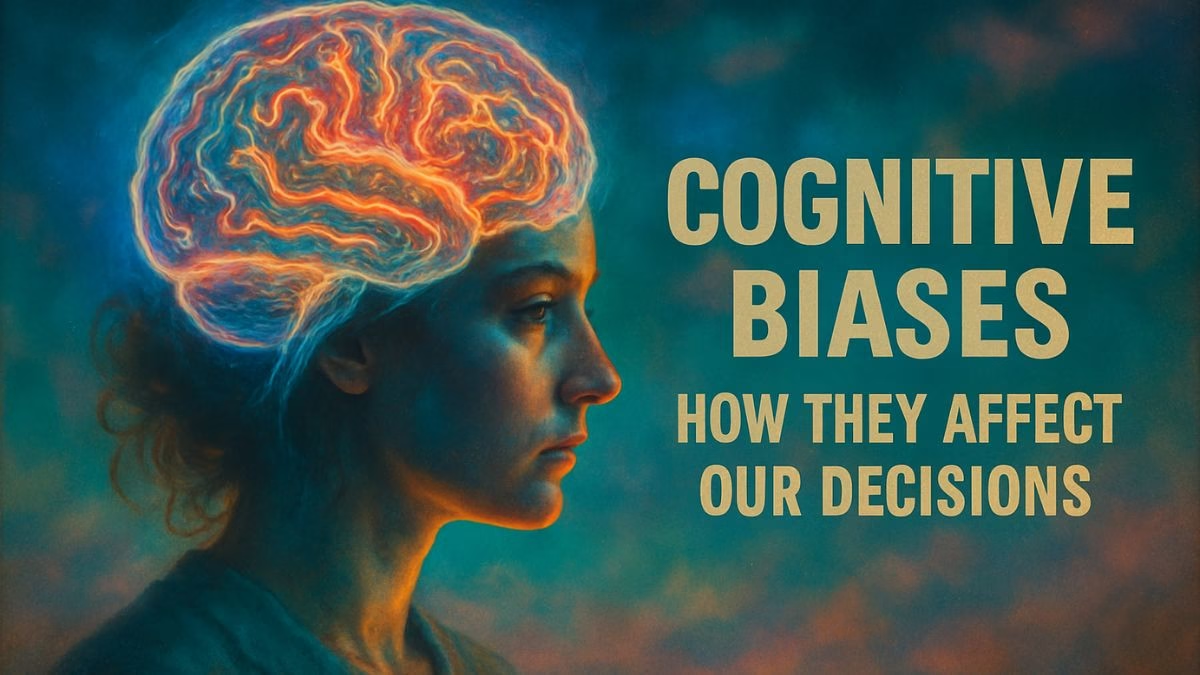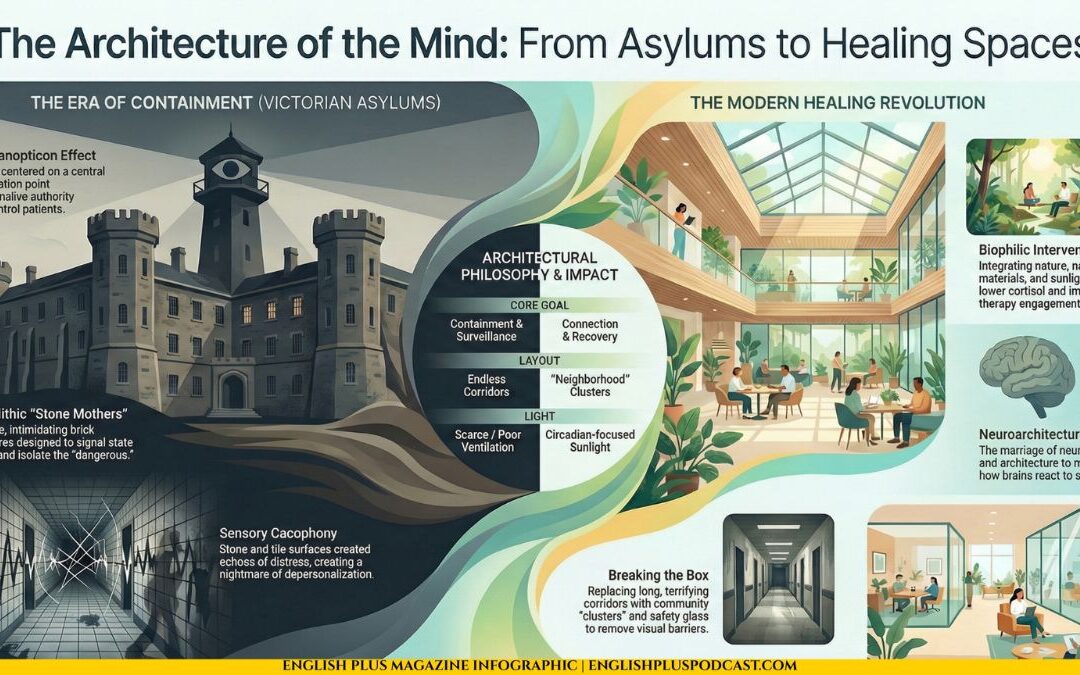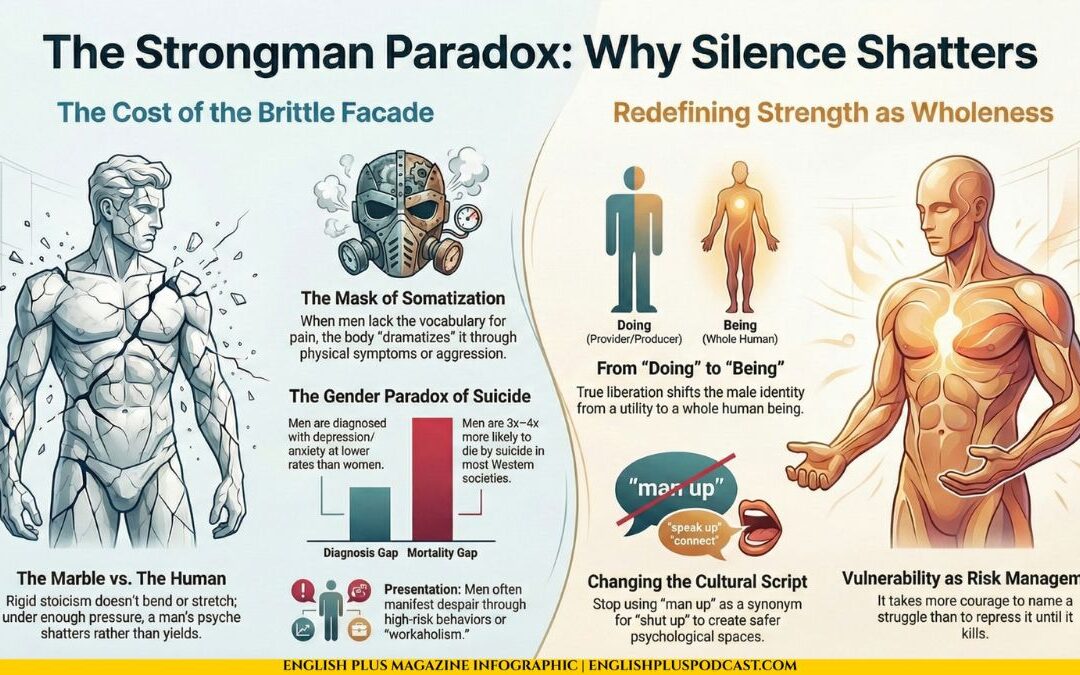Mastering Your Reading Skills for Exam Success
Welcome to your reading comprehension practice session. The passage below is written in an academic style similar to what you will encounter on the reading sections of major international exams. To excel, you need to read efficiently and strategically.
Here are some tips to guide you:
- Time Management is Key: For this passage and the 10 questions that follow, aim to finish within 20 minutes. This timing is typical for exam sections and will help you practice pacing yourself.
- Skim for the Main Idea: Before you read in detail, take 1-2 minutes to skim the passage. Read the first sentence of each paragraph. This will give you a mental map of the text and its main arguments. What are the key biases being discussed?
- Scan for Specifics: When a question asks about a specific detail or the definition of a term, scan the text to locate it quickly. Don’t reread the entire passage. Your initial skim should help you know roughly where to look.
- Understand the Question: Read each question carefully. Are you being asked for a specific detail, the main purpose, or an inference? Understanding the question type is half the battle.
Now, set your timer for 20 minutes and begin the reading passage on Cognitive Biases.
Reading Passage
The human mind is a remarkable engine of thought, but it is far from infallible. Decades of research in psychology and behavioral economics have revealed that our judgments are subject to a host of predictable errors known as cognitive biases. These are not random mistakes but systematic patterns of deviation from norm or rationality in judgment. They often emerge from heuristics, which are mental shortcuts the brain uses to process information and make quick decisions. While these shortcuts are essential for navigating the complexities of daily life, they can also lead to significant perceptual distortions, inaccurate judgments, and illogical interpretations. Understanding these biases is crucial, as they subtly influence everything from our personal relationships to major financial and political decisions.
One of the most pervasive of these biases is the Confirmation Bias, the tendency to search for, interpret, and recall information in a way that confirms one’s preexisting beliefs. An individual who believes a certain political candidate is dishonest will, for instance, readily consume news articles that highlight the candidate’s flaws while dismissing or ignoring stories that portray the candidate in a positive light. This bias creates an intellectual echo chamber, reinforcing our current views and making us resistant to new evidence. It is a formidable barrier to open-mindedness and critical thinking, as it encourages us to validate our assumptions rather than challenge them.
Another powerful bias that shapes our social perceptions is the Fundamental Attribution Error. This refers to the tendency for people to over-emphasize personality-based explanations for behaviors observed in others while under-emphasizing situational explanations. In other words, we tend to attribute someone else’s actions to their character rather than to the circumstances they might be facing. If a colleague misses a deadline, we are more likely to assume they are lazy or disorganized (a personality-based attribution) than to consider that they might be overwhelmed with other projects or dealing with a personal emergency (a situational factor). Conversely, when we ourselves miss a deadline, we are acutely aware of the situational pressures and readily excuse our own behavior. This asymmetry in judgment can foster misunderstanding and conflict in social interactions.
A third, and particularly relevant bias in planning and decision-making, is the Optimism Bias (also known as the planning fallacy). This is the tendency to be overly optimistic about the outcome of planned actions, underestimating the time, costs, and risks involved while overestimating the benefits. It is why major public infrastructure projects so often run over budget and past their deadlines, and why individuals consistently believe they are less likely than their peers to experience negative events like illness or job loss. While a degree of optimism can be motivating, an unchecked optimism bias can lead to poor risk management and a failure to prepare for foreseeable setbacks.
These three biases are merely a glimpse into the complex landscape of our mental shortcuts. Dozens of others, such as the bandwagon effect (adopting behaviors because others are doing so) and the availability heuristic (overestimating the likelihood of events that are more easily recalled), also play significant roles. The key takeaway from this body of research is not that human thinking is hopelessly flawed. Rather, it is a call for greater cognitive humility—an awareness of our own potential for error. By recognizing the situations in which these biases are likely to operate, we can begin to question our own initial judgments, seek out disconfirming evidence, and implement strategies to foster more deliberate and rational thought.
Reading Quiz
Keywords & Phrases
Infallible
An adjective meaning incapable of making mistakes or being wrong.
How we used it: “…the human mind is a remarkable engine of thought, but it is far from infallible.” This means that while the mind is powerful, it is not perfect and makes errors.
Systematic
An adjective meaning done or acting according to a fixed plan or system; methodical. In this context, it means the errors are predictable and happen in a regular way, not randomly.
How we used it: “…systematic patterns of deviation from norm or rationality…” This highlights that cognitive biases are predictable patterns, not just random mistakes.
Pervasive
This adjective means spreading widely throughout an area or a group of people; present everywhere.
How we used it: “One of the most pervasive of these biases is the Confirmation Bias…” This tells you that Confirmation Bias is extremely common and widespread.
Formidable
An adjective meaning inspiring fear or respect through being impressively large, powerful, intense, or capable.
How we used it: “It is a formidable barrier to open-mindedness…” This emphasizes that this bias is a very strong and difficult obstacle to overcome.
Attribution
This noun refers to the action of regarding something as being caused by a person or thing. In psychology, it’s about how we explain the causes of behavior.
How we used it: “…we are more likely to assume they are lazy or disorganized (a personality-based attribution)…” This refers to assigning a cause (their personality) to their action.
Asymmetry
This noun means a lack of equality or equivalence between parts or aspects of something.
How we used it: “This asymmetry in judgment can foster misunderstanding…” This refers to the imbalance between how we judge others (based on personality) and how we judge ourselves (based on situation).
Foreseeable
An adjective meaning able to be predicted or anticipated.
How we used it: “…a failure to prepare for foreseeable setbacks.” This means the Optimism Bias can cause us to fail to plan for problems that we realistically should have been able to predict.
Mitigated
This is the past tense of the verb “to mitigate,” which means to make something bad less severe, serious, or painful.
How we used it (in a question answer): “…which can be mitigated through awareness.” This means the negative effects of the biases can be lessened or reduced.
Cognitive Humility
This is a two-word concept meaning the awareness that one’s own knowledge is limited and that one’s own judgment is fallible (capable of being wrong).
How we used it: “…it is a call for greater cognitive humility—an awareness of our own potential for error.” The passage defines it as the key to counteracting biases.
Disconfirming Evidence
This refers to information or facts that go against or contradict a belief you hold.
How we used it: “…seek out disconfirming evidence…” This is presented as a strategy to fight Confirmation Bias—actively looking for proof that you might be wrong.











0 Comments